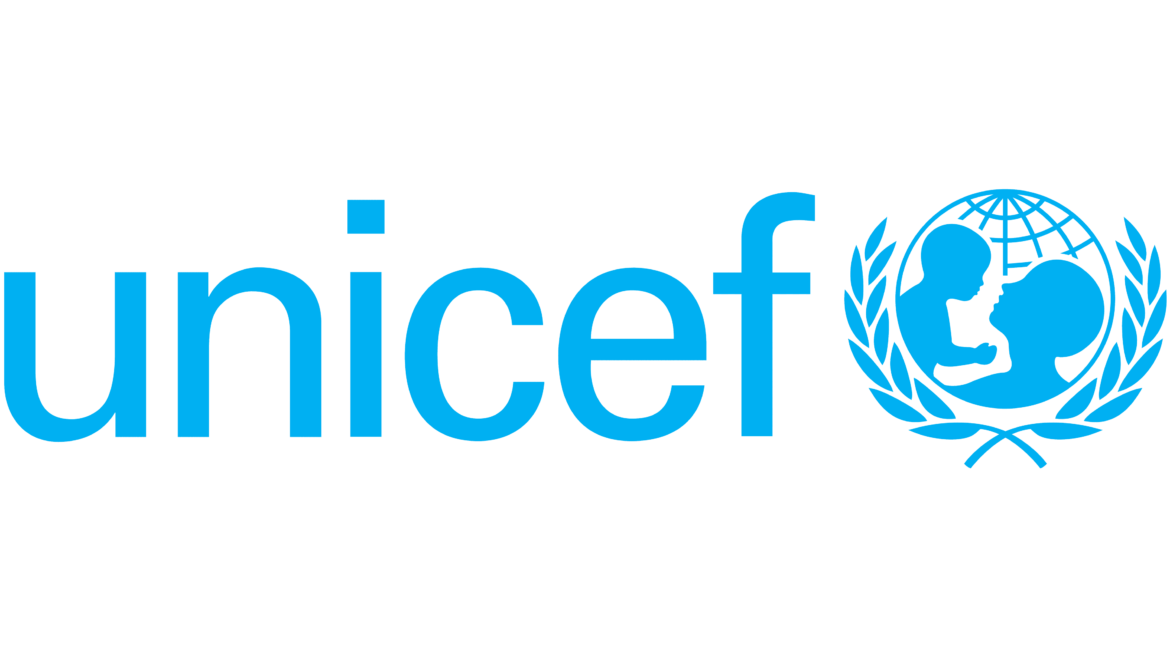By Muhammad Amaan
The United Nations Children’s Fund (UNICEF) said Nigeria has demonstrated a steady decline in the proportion of children facing severe food poverty from 45 per cent in 2012 to 32 per cent in 2022.
The fund said this in a statement it issued in Abuja, adding that it is contained in the “Child Food Poverty: Nutrition Deprivation in Early Childhood report” published on Friday.
The report also said that about 11 million children or one in every three children under five years of age, in Nigeria are presently experiencing severe child food poverty.
It said that the situation could make the children up to 50 per cent more likely to experience wasting, a life-threatening form of malnutrition.
“For the first time, the “Child Food Poverty: Nutrition Deprivation in Early Childhood” report analyses the impacts and causes of dietary deprivation among the world’s youngest and most vulnerable, that is children under five years of age, in nearly 100 countries, and across income groups.
“Globally, 181 million children under the age of five who consume, at most, two of eight defined food groups are considered in severe child food poverty and unable to sustain optimal growth and development in early childhood and beyond.
“Nigeria ranks among the 20 countries that account for almost two-thirds (65 per cent) of the 181 million children living in severe child food poverty.”
The report also said that globally, four out of five children experiencing child food poverty are fed only breastmilk/milk and/or a starchy staple, such as rice, maize, or wheat.
Also, that less than 10 per cent of these children are fed fruits and vegetables, and even fewer, less than five per cent, are fed nutrient-dense foods such as eggs, fish, poultry, or meat.
The report, however, warns that while countries are still recovering from the socio-economic impacts of the COVID-19 pandemic, the effects of growing inequities, conflicts, and the climate crisis have pushed food prices and the cost of living to record high levels.
“A recently published report by the government and partners titled Cadre Harmonisé estimates that nearly 32 million people across 26 states of Nigeria are food insecure during this year’s lean season between June and August.
“Globally and in Nigeria, several factors are fueling the child food poverty crisis, including food systems that fail to provide children with nutritious and safe and accessible options.
“Others are families’ inability to afford nutritious foods, and parents’ inability to adopt and sustain positive child feeding practices.”
It added that cheap, nutrient-poor and unhealthy ultra-processed foods and sugar-sweetened beverages are aggressively marketed to parents and families and are the new normal for feeding children.
“These unhealthy foods and beverages are consumed by an alarming proportion of young children experiencing food poverty, displacing more nutritious and healthier foods from their daily diets.
“The report shows that in Nigeria, the number of children facing serious hunger is much higher in the poorest families (44 per cent) compared to the richest families (17 per cent).
“However, much more needs to be done to ensure that every child has access to and consumes a diverse diet,” the statement said.
To end child food poverty, UNICEF called on governments, development and humanitarian organisations, donors, civil society and the food and beverage industry, to urgently transform food systems.
It added that nutritious, diverse and healthy foods were the most accessible, affordable and desirable option for caregivers to feed young children.
“Leverage health systems to deliver essential nutrition services to prevent and treat malnutrition in early childhood, including support for community health and nutrition workers to counsel parents and families on child feeding and care practices.
“Activate social protection systems to address income poverty through social transfers (cash, food and vouchers), in ways that are responsive to the food and nutrition needs of vulnerable children and their families.”




